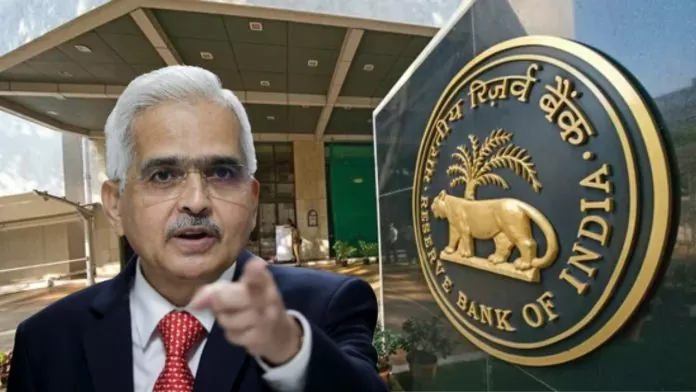
RBI New Guidelines: The Reserve Bank of India has changed the rules of risk management of banks. RBI issued a circular on Tuesday saying that revised rules have been issued on the master direction on fraud risk management in commercial banks including regional rural banks and all India financial institutions.
RBI issued circular
RBI said in its circular, “These master directions have been prepared based on a comprehensive review of earlier master directions, circulars and emerging issues. These master directions are principle-based and strengthen the role of the board in the overall governance and oversight of fraud risk management in regulated entities (REs).”
Let us tell you that the central bank has issued three revised master rules on fraud risk management.
Commercial Banks (including Regional Rural Banks) and All India Financial Institutions;
Co-operative Banks (Urban Co-operative Banks/State Co-operative Banks/Central Co-operative Banks);
Non-Banking Finance Companies (including Housing Finance Companies).
36 old circulars withdrawn
The directions issued by the Reserve Bank of India are aimed at improving better fraud risk management infrastructure and systems in regional rural banks, housing finance companies and rural cooperative banks. According to the regulator, after the adjustment, the RBI removed 36 previous circulars on the subject in an effort to simplify the rules and reduce the compliance burden.
View a list of fraudulent transactions
In order to maintain uniformity and consistency, when banks report fraud incidents to RBI through the web portal by filing Fraud Monitoring Returns (FMR), they are required to select the most relevant category from the list given below.
(i) Misappropriation of funds and criminal breach of trust.
(ii) Cheating by means of a forged instrument and obtaining money by means of which the person is a fraudster.
(iii) Manipulation of bank passbook or transactions through false accounts.
(iv) Committing fraud by concealing true information with the intent to deceive any person.
(v) Forgery by making any false document/electronic record with the intent to defraud.
(vi) intentional forgery, destruction, alteration, mutilation of any passbook, electronic record, paper, writing, valuable security or account with intent to defraud;
(vii) Fraudulent credit facilities.
(viii) cash shortages due to fraud;
(ix) fraudulent transactions involving foreign currencies;
(x) Fraudulent electronic banking/digital payment transactions.
 look news india
look news india